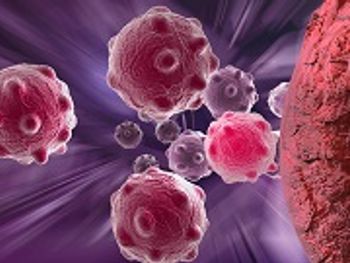
Breast cancer treatments that are similar in effectiveness are priced very differently, researchers discovered.

Breast cancer treatments that are similar in effectiveness are priced very differently, researchers discovered.
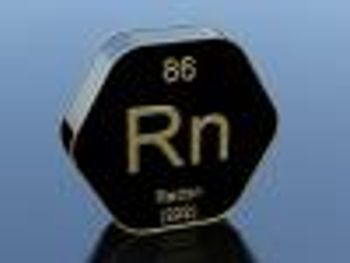
Radon already associated with lung cancer development.
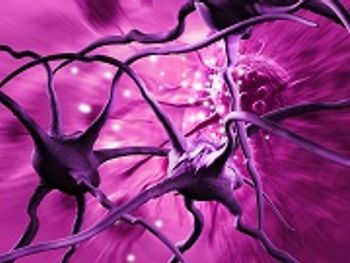
Treatment with avasimibe causes pancreatic cancer cells to become more sensitive to ACAT-1 inhibition.
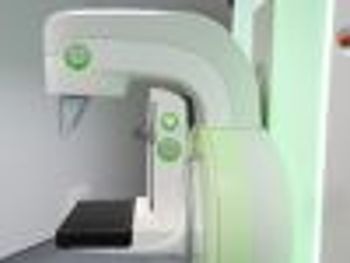
Combination imaging found to reduce recall rate in patients with breast cancer.
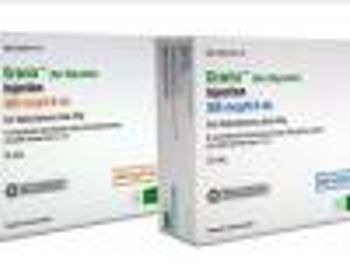
Granix is a human granulocyte factor produced in a bioreactor using recombinant DNA technology.

Informed choices of therapy regimens could save up to $1 billion annually in cancer drug spending.

Top news of the day from across the health care landscape.

Metformin found to improve survival in breast cancer and shows promise in endometrial hyperplasia.
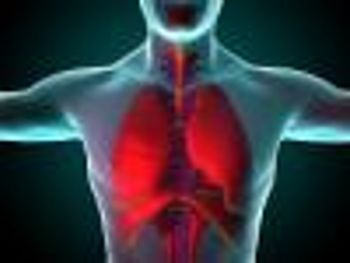
Progression-free survival was seen in 16 patients treated with a combination of nivolumab and ipilimumab.

Payers ranked oncology-related goals by importance and effectiveness at achieving the goal.

Study of clinical development success rates finds phase 2 trials are less successful than any other R&D phase.
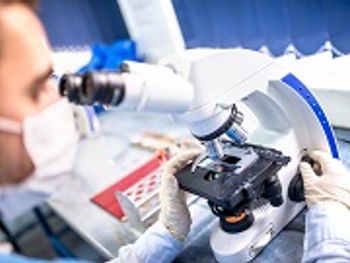
Researchers evaluate mechanism that prevents immune system from attacking tumors in melanoma.

Cost and access burdens among individuals at-risk for cancer improved through phone counseling.

Study finds exercise may improve chronic inflammation and cognitive impairment in the treatment of cancer patients.

Top news of the day from across the health care landscape.

ASCO is conducting a clinical trial to evaluate how different targeted cancer drugs work to find additional uses outside its FDA indication.

Patients with lung cancer who reported symptoms via Moovcare showed 1-year survival of 75%.

The highest retail prices for 23 different cancer drugs was found in the United States.

Adding temozolomide (Temodar) to chemoradiation reduced the risk of death by 33% in elderly glioblastoma patients.

Increased unemployment shows a negative impact on worldwide cancer mortality.

Aggressive treatment approach shows promise in children with high risk brain cancer.
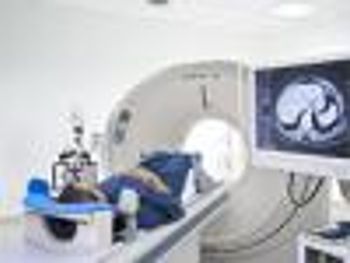
Choosing Wisely recommendations have not substantially changed the care received by patients in the last 30 days of life.
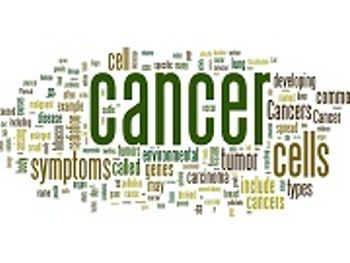
Access to new cancer medications varies greatly by country.
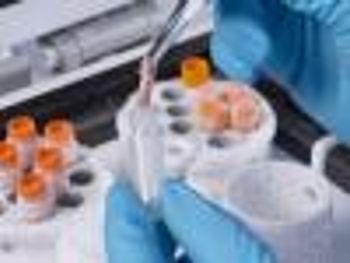
Top news of the day from across the health care landscape.

Immunotherapy combination increased T cell activity in the blood and the patient went into remission.
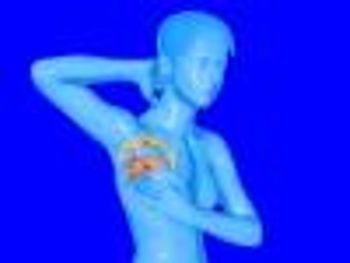
Risk of developing breast cancer in women with a BRCA1 mutation may be reduced.
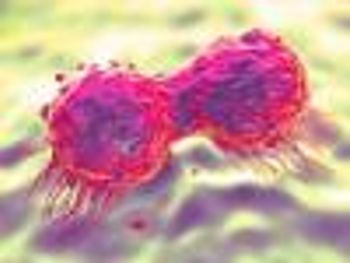
Women diagnosed with breast cancer who carry a BRCA mutation have up to a 50% lifetime risk of developing a second breast cancer.
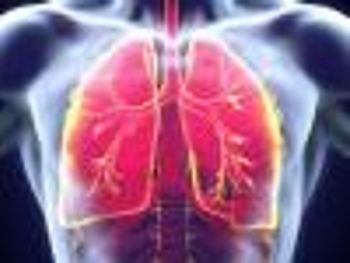
Rovalpituzumab tesirine reduced tumor growth and even shrank tumors in some patients with small cell lung cancer.
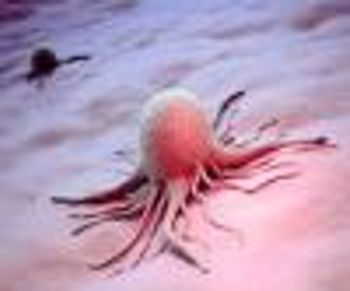
Patients treated with chemotherapy and IMAB362 had a median overall survival of 16.7 months.
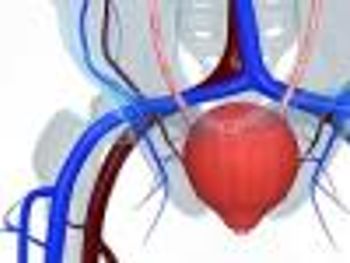
Patients treated with atezolizumab had a longer median overall survival than patients treated with carboplatin-based regimens.